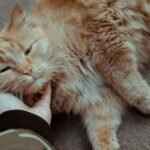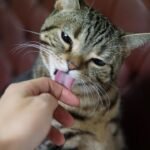Have you ever wondered just how much your cat relies on your daily habits? It might surprise you to learn that many cats—despite their reputation for independence—can become deeply attached to the routines of their favorite humans. This emotional dependence can turn your simple morning alarm or evening TV session into the highlight of your feline’s day. Some signs are so subtle, you might not even notice them until you stop and really pay attention. Let’s explore the sometimes hilarious, sometimes heartwarming ways your cat shows how much they count on the rhythm of your life.
Always Waiting at the Door
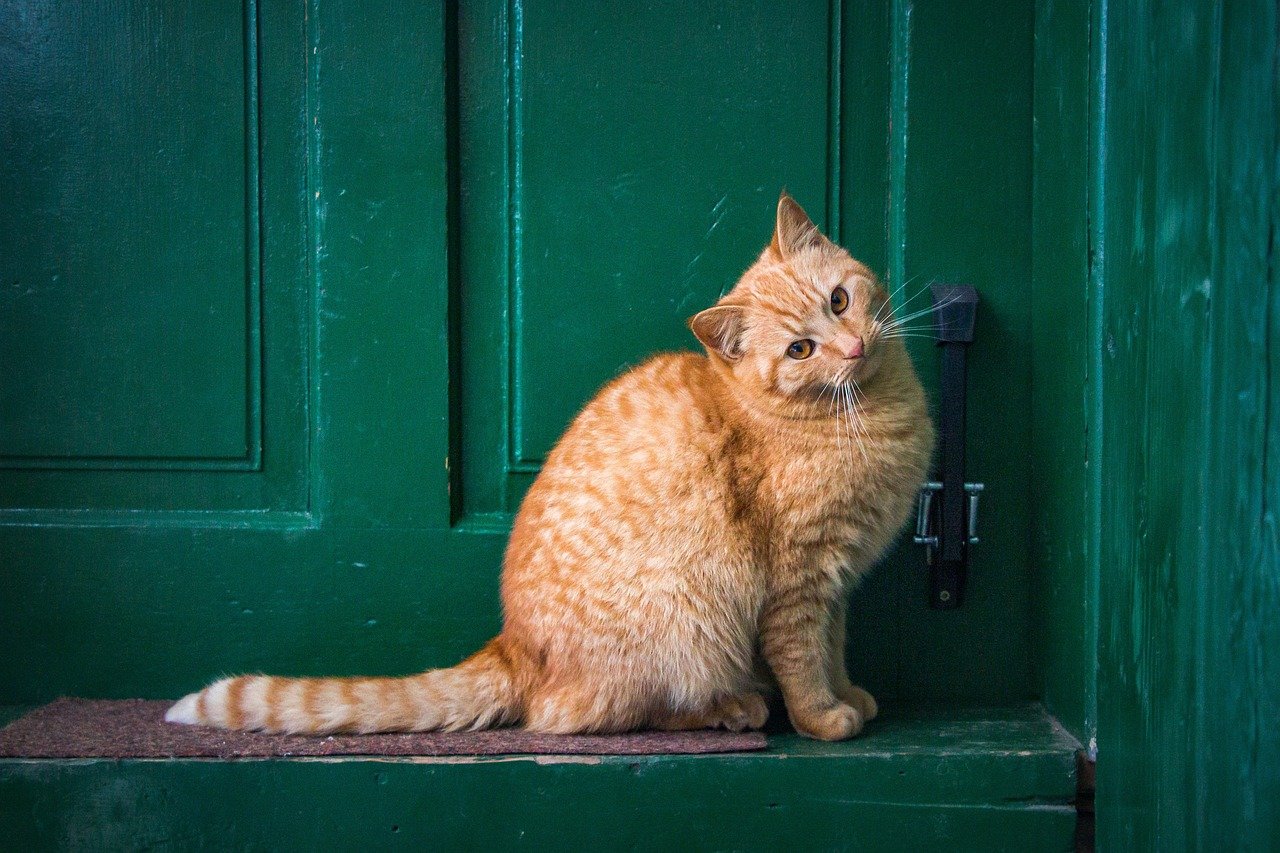
One of the most classic signs your cat is emotionally tuned into your schedule is when they’re always waiting at the door for you. Whether you’re coming home from work or returning from a quick trip to the store, your cat is right there, watching and waiting. This isn’t just coincidence; it’s a sign they’ve learned the sound of your footsteps or the jingle of your keys. The anticipation can be so strong that your cat may even start meowing or pacing as your usual return time approaches. It’s a little like having a furry clock that’s set to your personal timetable. If you ever come home late, you might find your cat more anxious or vocal than usual, almost as if they’re scolding you for breaking the routine. This devotion at the door is a clear indicator of emotional dependence, as your presence brings them comfort and reassurance.
Following You from Room to Room

Does your cat trail behind you like a shadow, never wanting to let you out of sight? This behavior goes beyond simple curiosity. Cats who follow their owners from room to room are expressing a strong need for connection. They want to be near you, no matter where you are in the house. Your daily movements—brushing your teeth, making coffee, folding laundry—become their daily adventures too. This constant company is their way of saying, “You’re my world.” Sometimes, this following can be so persistent it feels like you have a little supervisor for every task. When you change your routine, your cat may appear confused or unsettled, once again proving how tied they are to your habits.
Morning Wake-Up Calls

If your cat insists on waking you up at the same time every morning, it’s not just about food. Cats who rely on your routine will often expect you to stick to a predictable schedule. Their internal clock becomes synced with yours, and any variation can throw them off. You might find your cat pawing at your face, meowing, or gently nudging you awake. This isn’t just impatience; it’s a deep dependence on the stability your wake-up time creates. Even if you want to sleep in, your cat’s insistence is a sure sign they’re emotionally invested in your daily rhythm.
Vocalizing When You Change Routine
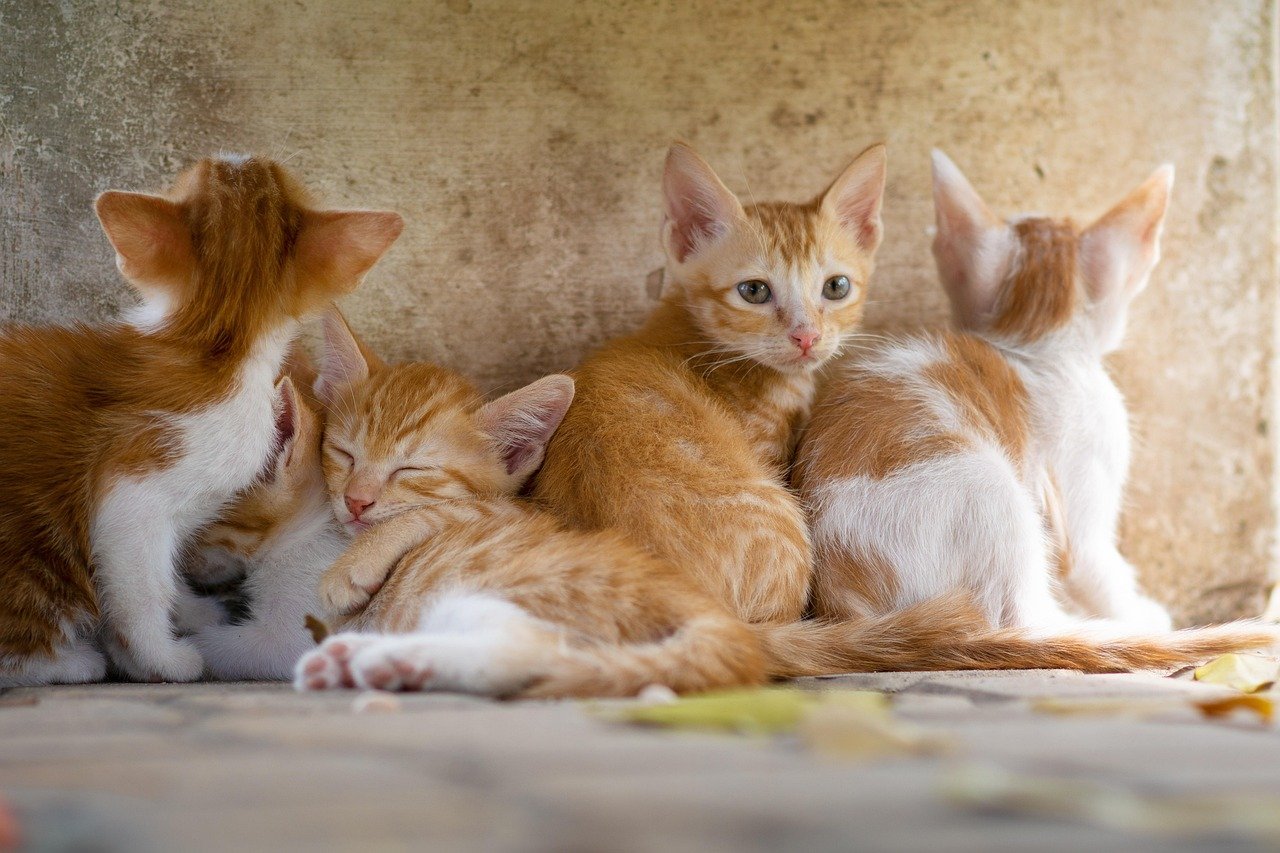
Some cats become especially vocal when you deviate from the usual pattern. Maybe you’re working late, leaving earlier than normal, or skipping the evening play session. Suddenly, your cat’s meows become louder, more frequent, or even desperate-sounding. This vocal protest is their way of expressing confusion, anxiety, or disappointment. It’s as if they’re saying, “Hey, you forgot something important!” These complaints can tug at your heartstrings and make it clear how much they depend on your predictable actions for their emotional security.
Clinginess During Routine Activities
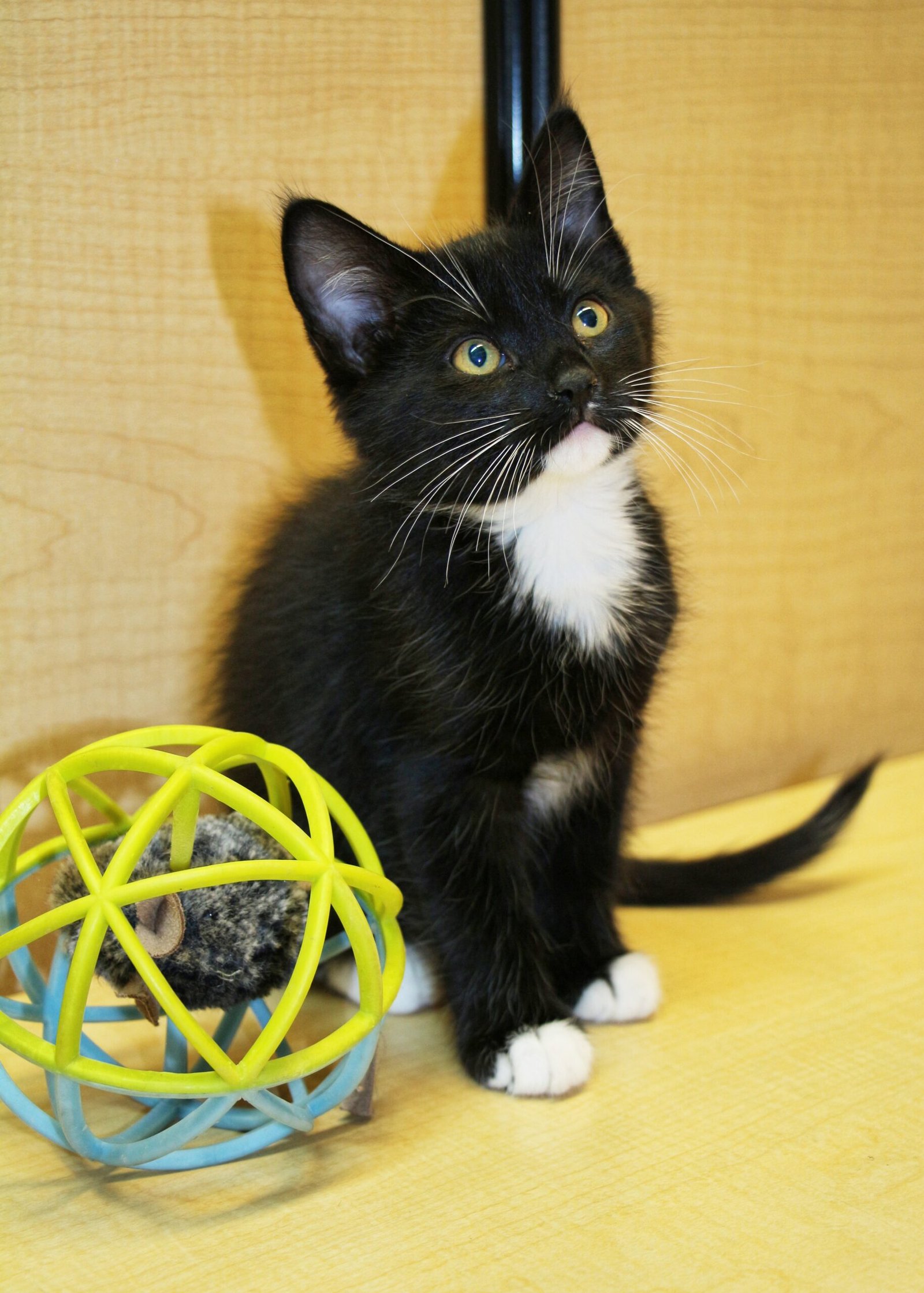
Routine activities like reading, watching TV, or working at your desk often become prime cuddle time for an emotionally dependent cat. They might climb onto your lap, press against your side, or stretch out across your keyboard. This clinginess isn’t just about seeking warmth—it’s about seeking comfort from the familiar pattern you bring. When your cat snuggles close during these moments, they’re showing just how much your routine grounds them. If you skip a favorite routine, you may notice your cat acting restless or even sulking, further revealing their emotional attachment.
Waiting for Meal Times
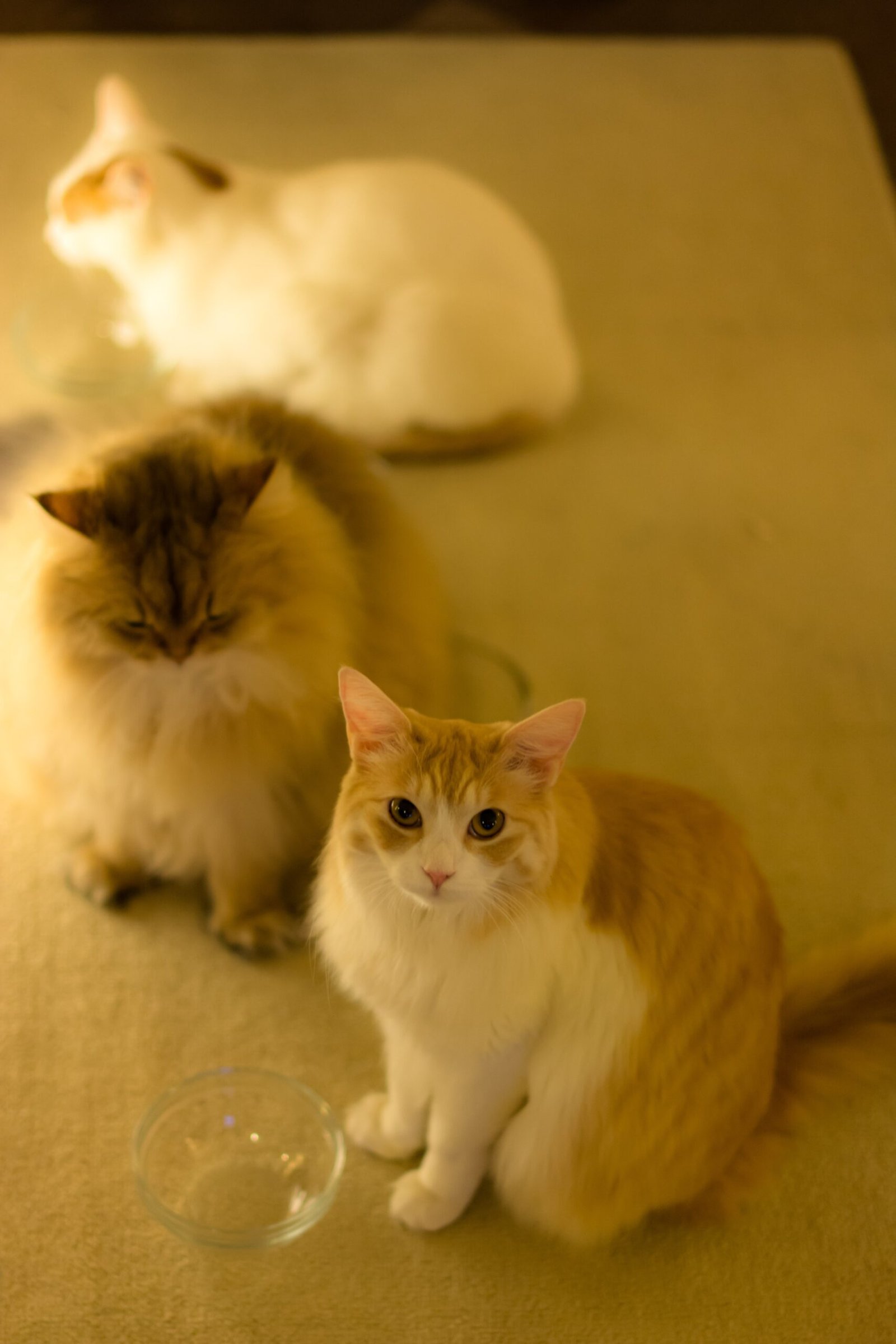
Cats love predictability, especially when it comes to food. An emotionally dependent cat will learn exactly when you feed them and may start hovering around the kitchen or their bowl as mealtime approaches. They might even remind you if you’re running late with a gentle (or not so gentle) nudge. This reliance on your feeding schedule highlights their faith in you to meet their needs consistently. When you stick to the routine, your cat feels safe and secure. Any disruption can result in anxious pacing, persistent meows, or searching looks, demonstrating their emotional bond with your daily habits.
Restlessness When You’re Away
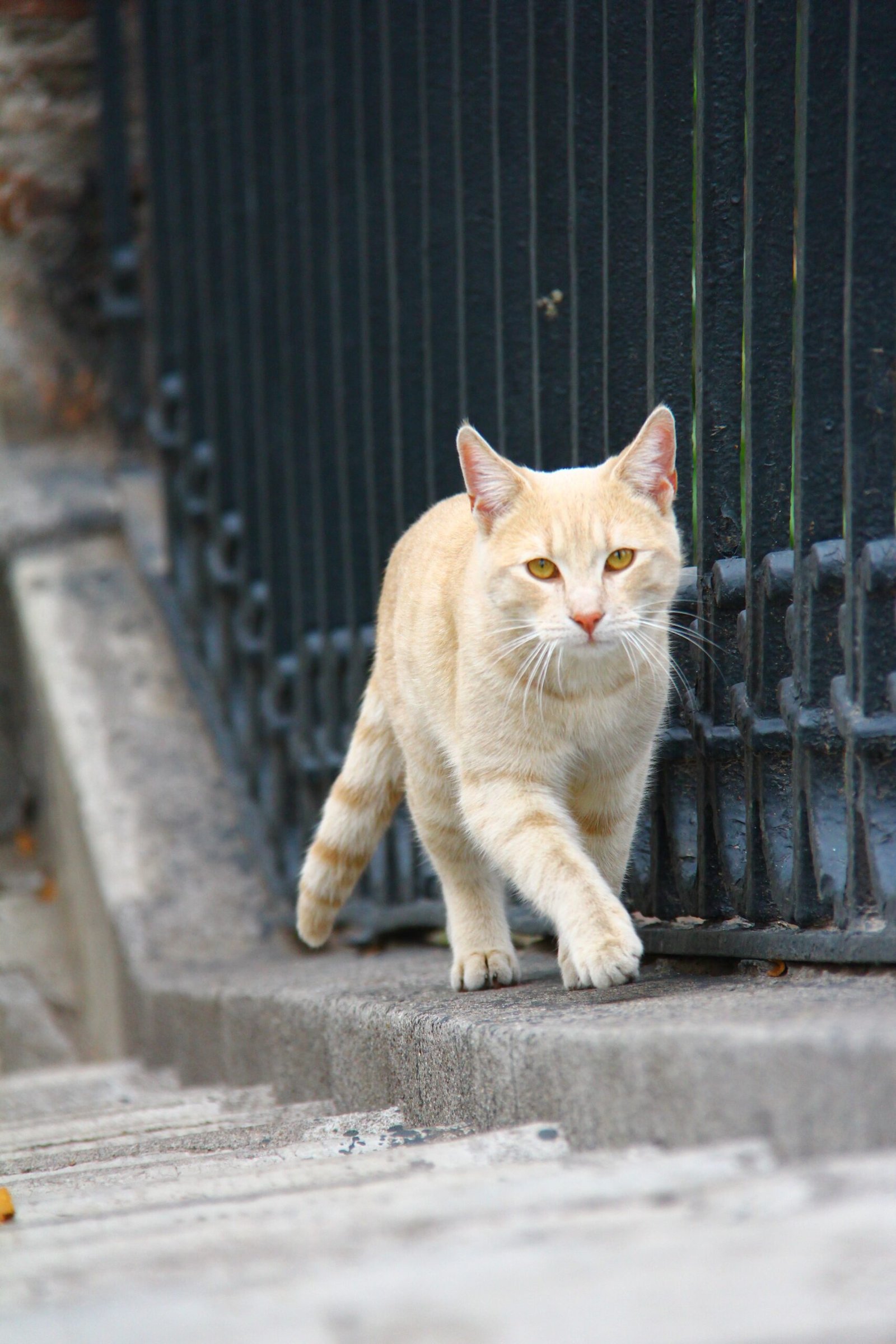
Ever returned home to find your cat acting out of sorts, even if you were gone for just a few hours? Some cats become noticeably restless or anxious when you’re not around at the usual times. They might wander the house, meow, or wait by the window. This restlessness is a powerful sign of emotional dependence, as your absence disrupts their sense of stability. It’s a bit like a child missing their favorite bedtime story—your presence and your schedule bring them peace. The longer you’re gone, the more unsettled they may become, making your return all the more meaningful.
Greeting Rituals
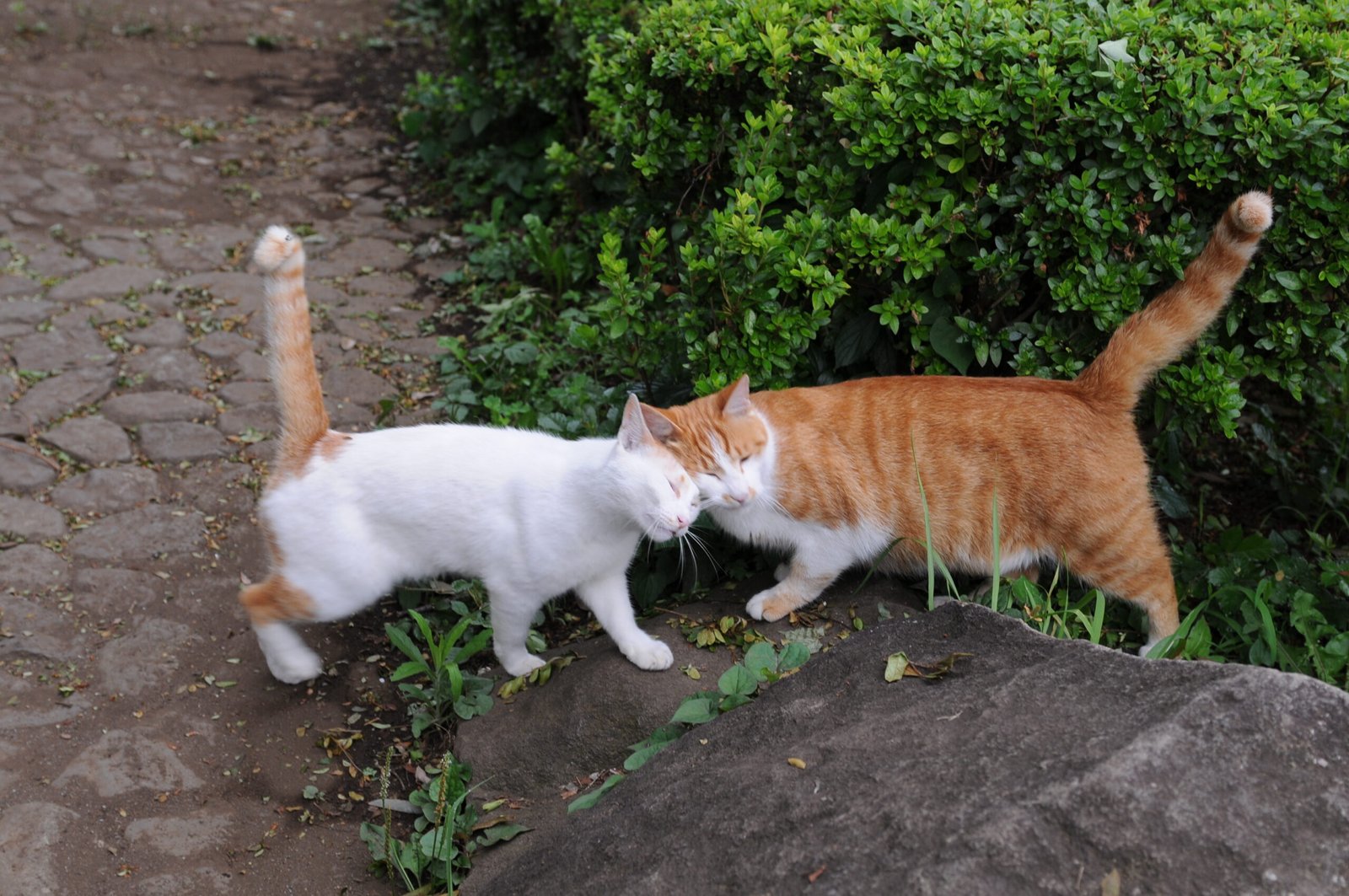
Does your cat have a special way of greeting you every single day? Whether it’s a happy trill, a head bump, or a joyful tail quiver, these rituals are a sign that your return is the highlight of their day. Over time, these greetings often grow more elaborate, especially if you reward them with attention. For an emotionally dependent cat, the ritual becomes as important as the reunion itself. Skipping or rushing through it can leave your cat feeling overlooked or disappointed. Their unique greeting routine is a testament to how much your presence means to them.
Insisting on Bedtime Together

Cats who are emotionally attached to your bedtime routine will insist on joining you as you settle in for the night. Some will curl up at your feet, while others claim a spot right next to your pillow. This nightly companionship is more than just a search for warmth; it’s a sign your cat finds comfort in the predictability of ending the day together. If you try to go to bed without them, or if you change your nighttime habits, your cat may protest or appear confused. Their need to be part of your nightly wind-down is a clear indicator of emotional dependence.
Mirroring Your Emotions

Have you noticed your cat acting differently when you’re stressed or upset? Emotionally dependent cats are highly attuned to your moods and may mirror your feelings. If you’re feeling down, your cat might become extra cuddly or hover nearby, as if trying to comfort you. On days when you’re happy and energetic, they may seem more playful and lively too. This emotional syncing is a beautiful example of the deep bond that can develop between you and your pet. It’s as if your routine and your feelings have become a compass for their own behavior.
Demanding Playtime at Set Times
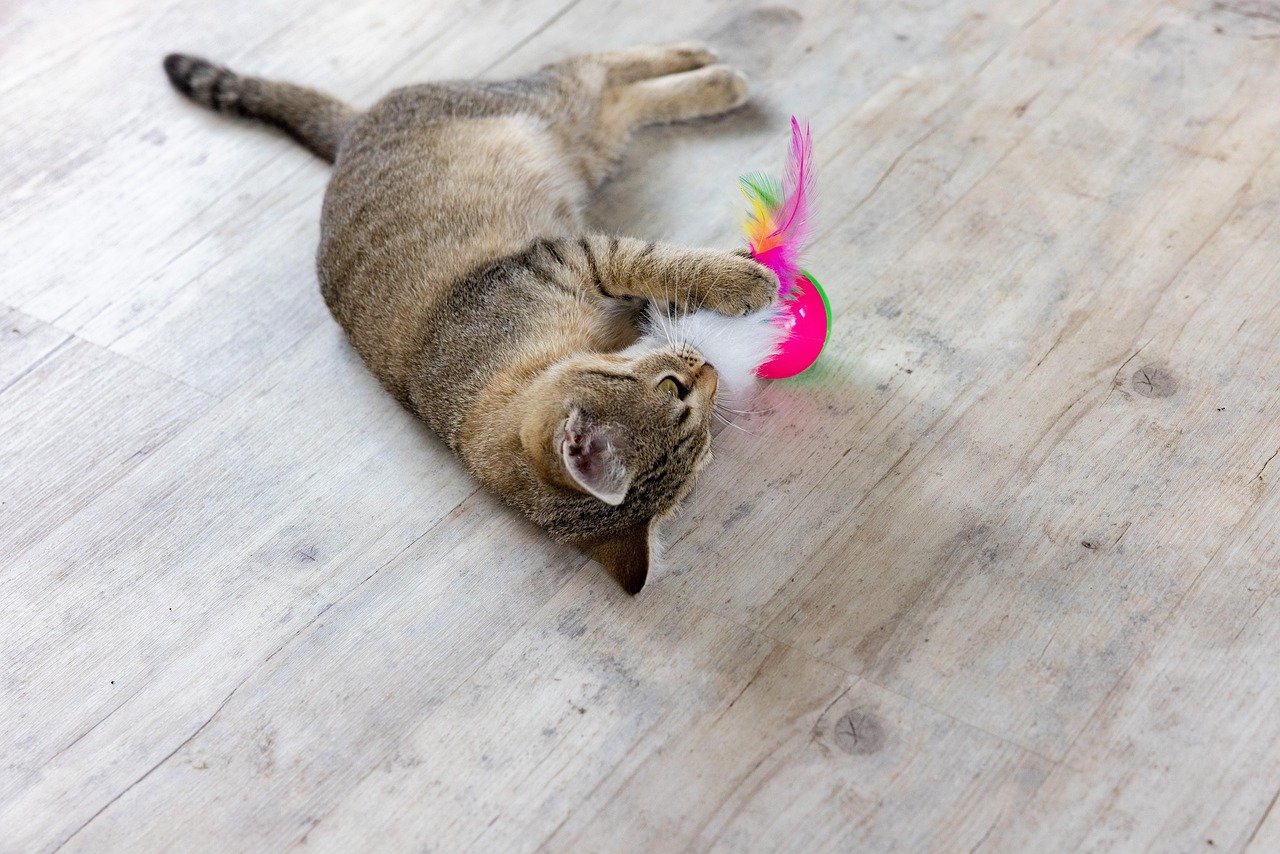
For some cats, playtime isn’t just a fun activity—it’s a non-negotiable part of the daily routine. If you usually play with your cat at a certain time each day, you might notice them getting antsy or vocal as that time approaches. They’ll bring you toys, paw at your leg, or sit expectantly until you join in. Skipping or delaying playtime can lead to sulking or even mischief, like knocking things off shelves to get your attention. This insistence on routine play is a strong sign of emotional reliance on your schedule.
Excessive Grooming When Routine Changes

Changes in your routine can sometimes cause your cat to overgroom as a way to cope with anxiety. You might notice them licking their fur more than usual, sometimes to the point of creating bald spots. This behavior is often a stress response and reveals just how much your stability means to them. When your cat’s emotional world feels shaken by your absence or a change in routine, grooming can become their way of self-soothing. If you notice this pattern, it’s a good sign your cat is deeply affected by your habits.
Sleeping in Your Favorite Spots
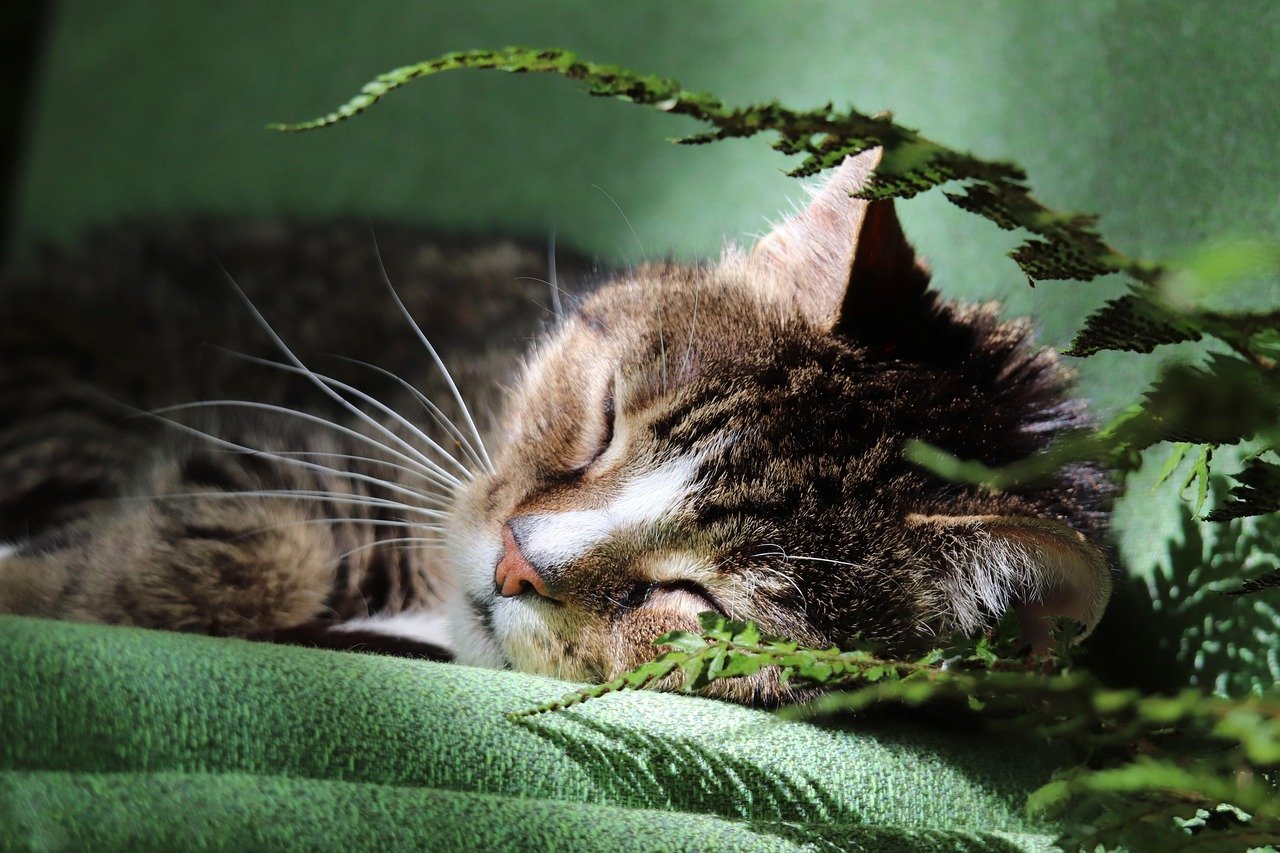
Cats who are emotionally dependent often seek out your scent when you’re not around. They’ll nap in your chair, curl up on your clothing, or even sleep on your side of the bed. This isn’t just about comfort—it’s about feeling close to you, even when you’re not there. Your scent is their reminder of safety and familiarity. If you change your usual spots or rearrange furniture, your cat may seem unsettled until they find a new favorite place that still feels like “yours.” This attachment to your spaces shows how much your routine shapes their world.
Waiting Outside Closed Doors
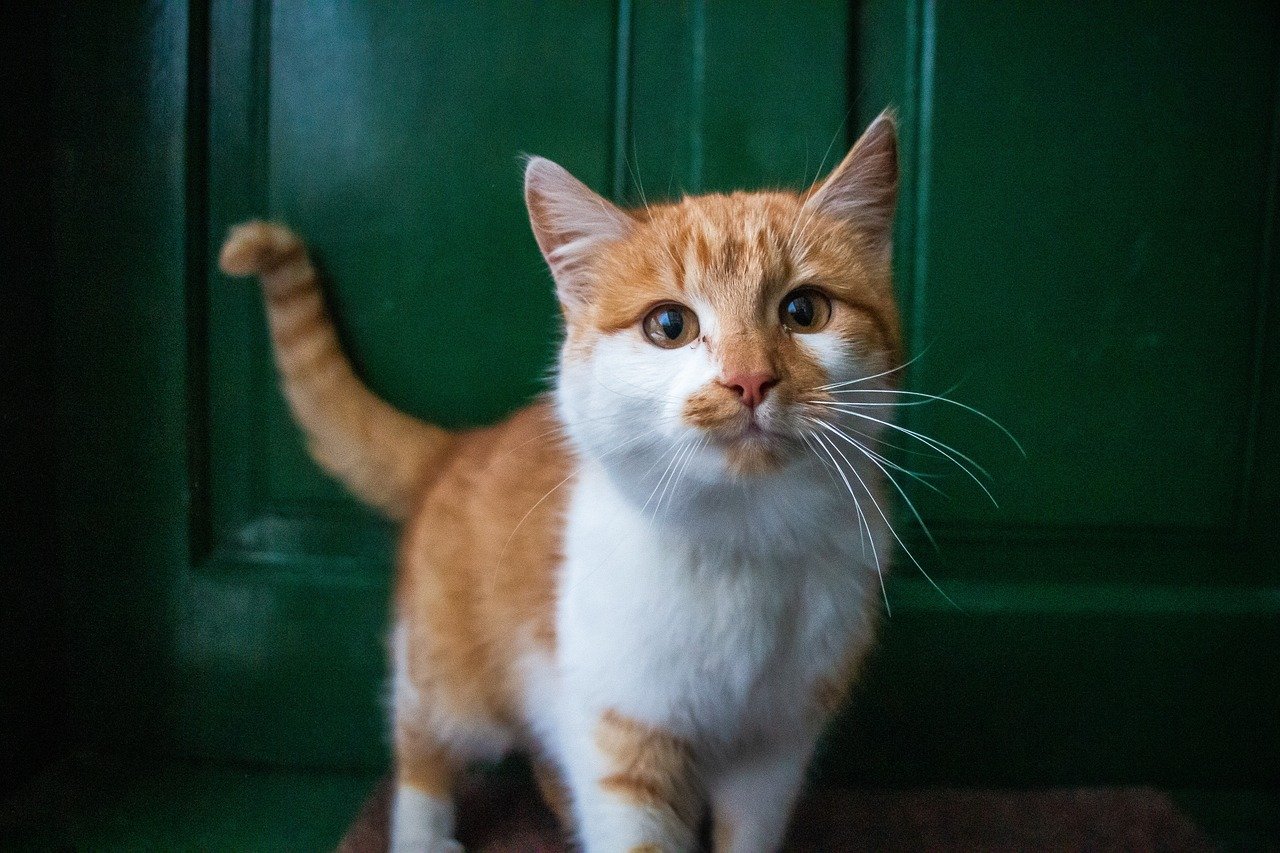
If you close a door between you and your cat, don’t be surprised if they wait anxiously on the other side. Some cats will paw, scratch, or meow at the door until you let them in. This behavior is a clear sign of emotional dependence, especially if it happens during times when you’d usually be together. Your cat’s persistence shows just how much they value routine closeness. Even a brief separation can feel unsettling, prompting them to do whatever it takes to reunite with you.
Loss of Appetite When Routine Disrupts

Sometimes, a break in routine can affect your cat’s appetite. If you’re away longer than usual or change feeding times, your cat might refuse to eat or eat less than normal. This loss of appetite isn’t just about food—it’s a reaction to emotional stress. A cat that depends on your regular presence may feel out of sorts when things change, leading to subtle or even obvious changes in eating habits. It’s another way their emotional reliance on your routine becomes clear.
Displaying Separation Anxiety Behaviors
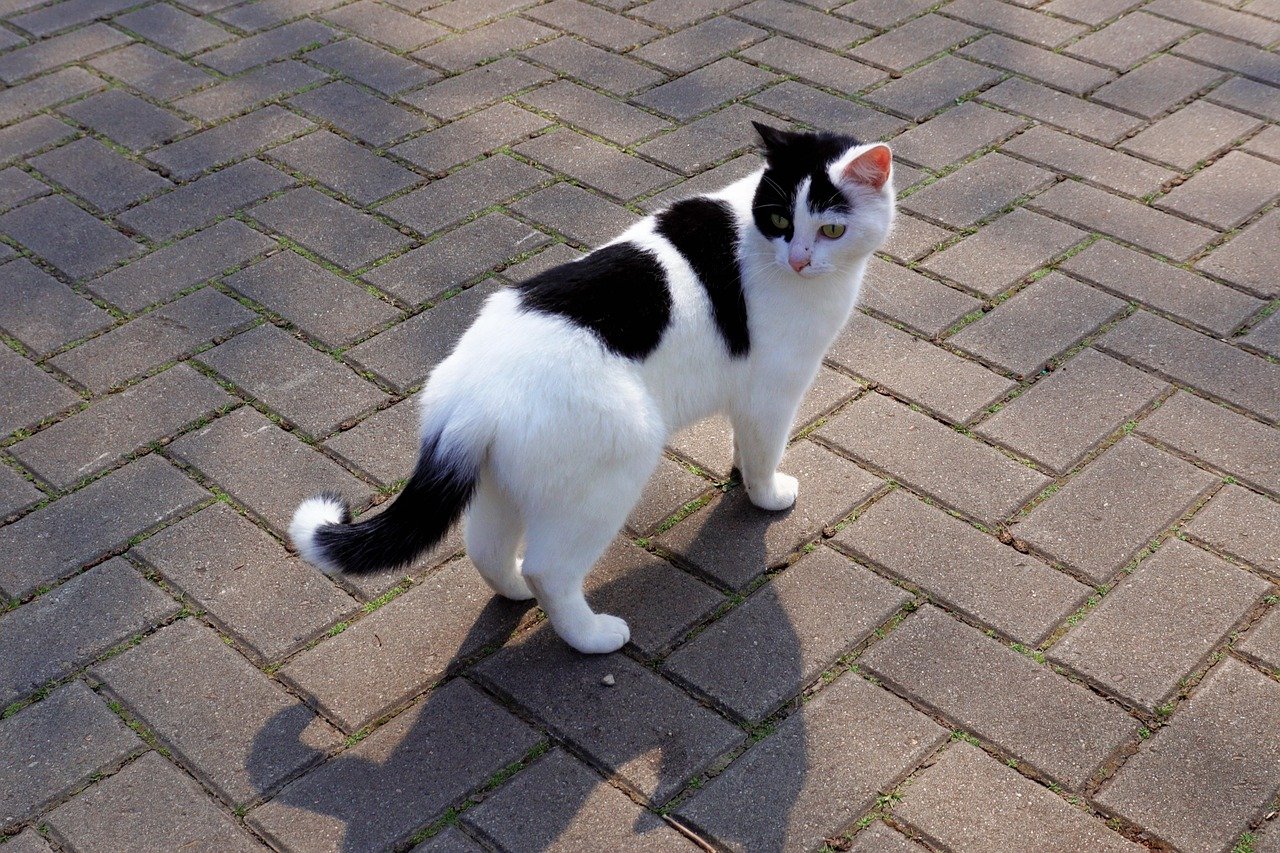
Separation anxiety isn’t just for dogs—cats can experience it too, especially those who are emotionally tied to your schedule. Signs can include excessive vocalization, destructive behavior, or inappropriate elimination when you’re away. These actions often subside as soon as you return and the normal routine resumes. If you notice these behaviors, it’s a strong indication that your cat’s emotional well-being is closely linked to your daily patterns. Helping your cat feel secure often involves maintaining as much routine as possible.
Bringing You “Gifts” at the Same Time Daily

Some cats have a quirky habit of bringing you “gifts” like toys, socks, or the occasional bug at specific times each day. This behavior is often tied to moments when you usually interact—such as after you wake up or come home from work. It’s their way of participating in your routine and seeking your approval. If you change your schedule, you may notice a change in this behavior, highlighting their dependence on those predictable interactions.
Appearing Anxious During Packing or Preparation to Leave
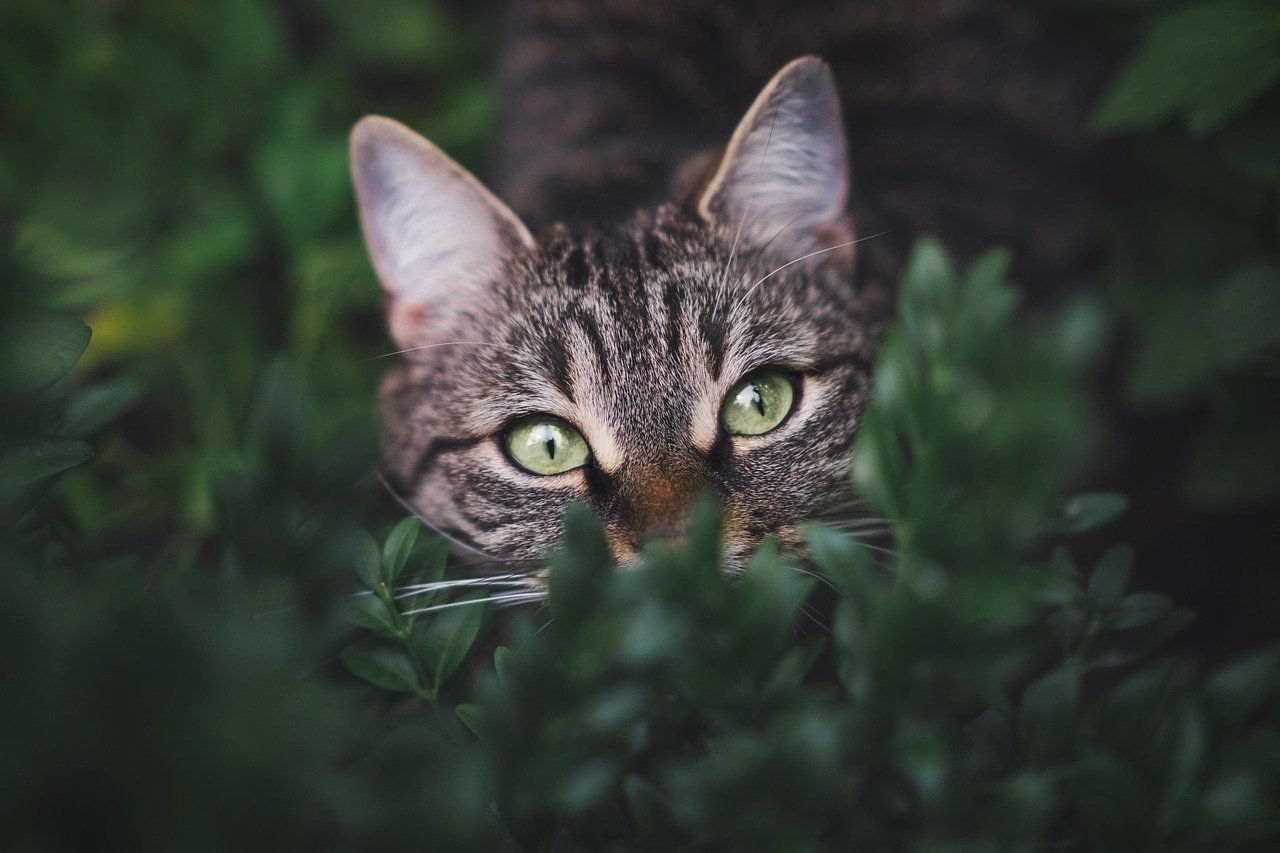
When you start packing a bag or putting on shoes, does your cat suddenly appear nervous or clingy? Cats who are emotionally dependent on your routine are quick to pick up on these cues. They may follow you more closely, vocalize, or even try to get between you and the door. Their anxiety is a reaction to the anticipated disruption in their normal life. It’s a bittersweet sign of just how much your presence—and your habits—mean to them.
Checking In With You Frequently
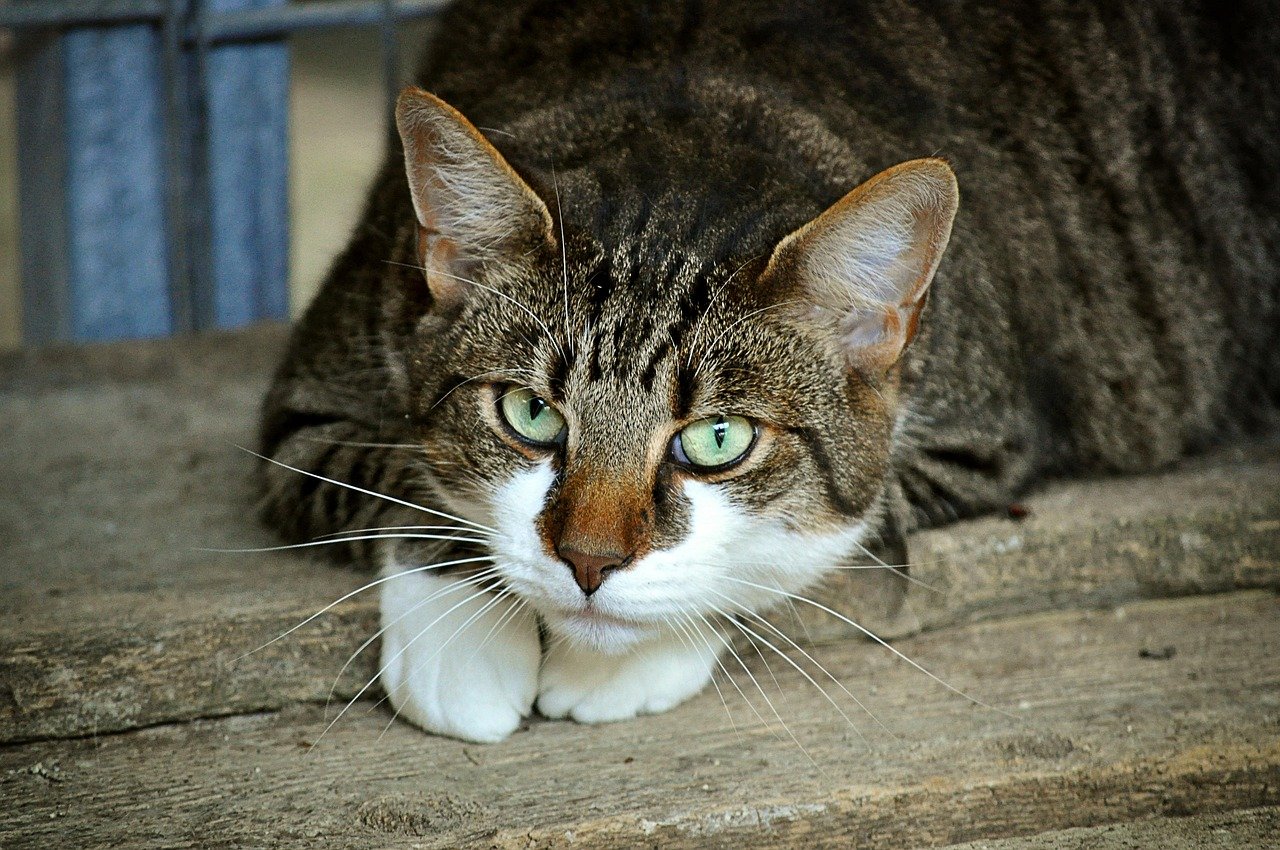
Throughout the day, your cat might come find you, check in, and then go about their business. This frequent “checking in” is a way of reassuring themselves that everything is as it should be. If you’re working from home or spending more time in a new area, your cat will adjust their check-ins accordingly. The behavior shows their emotional investment in your presence and routine. If you’re gone or unavailable, these check-ins can become more frequent or urgent.
Reluctance to Engage with Others When You’re Home
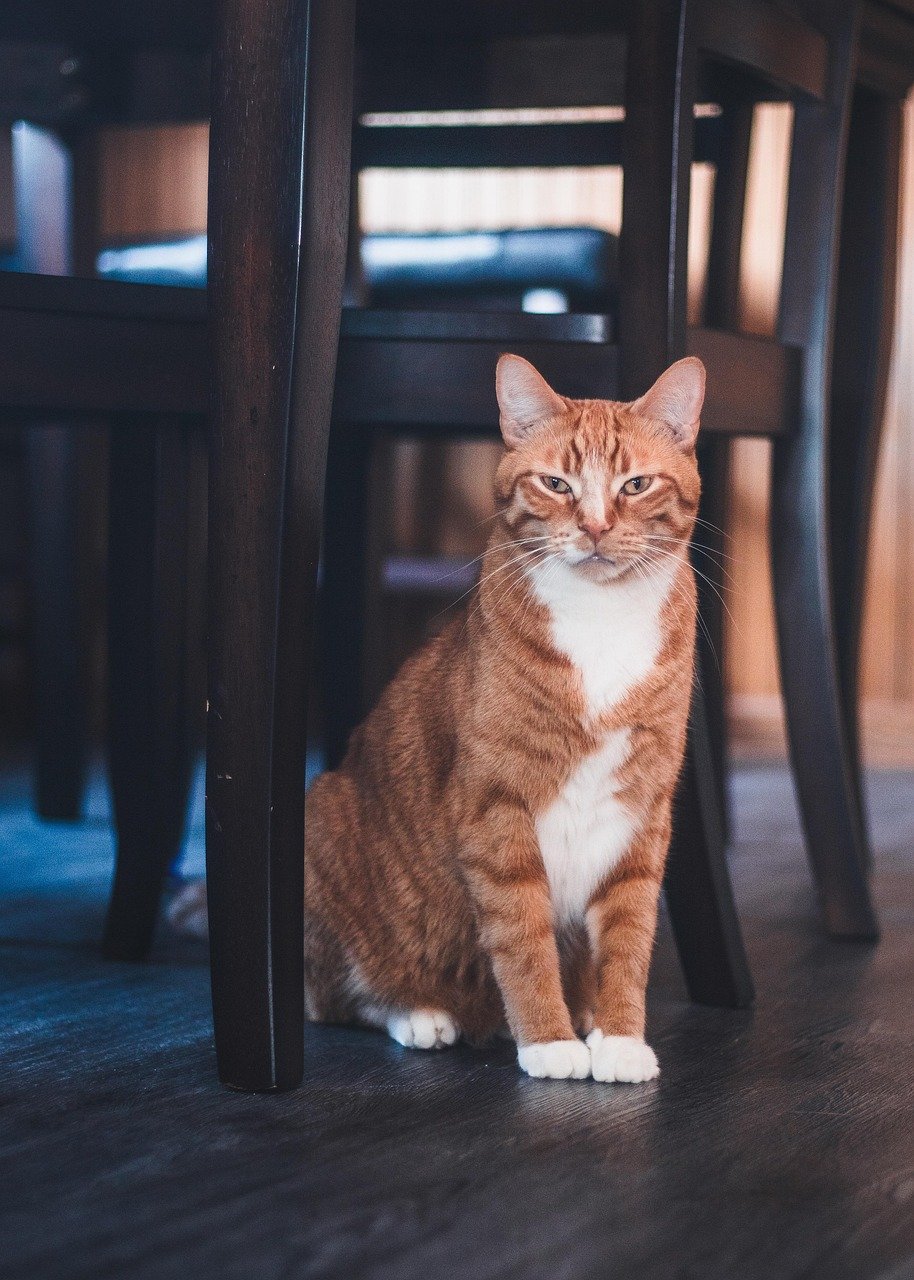
Emotionally dependent cats often prefer your company over anyone else’s. If friends or family visit, your cat might ignore them, choosing instead to stick with you. Even if they’re usually sociable, their attachment to your routine can override interest in others. This reluctance to engage is a way of showing loyalty and dependence. It’s as if your routine is their anchor, and they don’t want anything to disrupt it.
Seeking Reassurance After Disruptions

After any major disruption—like a trip, a late night out, or even a change in your work schedule—your cat may seek extra reassurance. You might notice more head bumps, purring, or a desire to be as close to you as possible. This need for comfort is their way of rebuilding the sense of security they get from your routine. The more emotionally dependent your cat is, the more intense this need for reassurance becomes, reminding you just how big a role you play in their emotional world.
Hi, I’m Bola, a passionate writer and creative strategist with a knack for crafting compelling content that educates, inspires, and connects. Over the years, I’ve honed my skills across various writing fields, including content creation, copywriting, online course development, and video scriptwriting.
When I’m not at my desk, you’ll find me exploring new ideas, reading books, or brainstorming creative ways to solve challenges. I believe that words have the power to transform, and I’m here to help you leverage that power for success.
Thanks for stopping by, Keep coming to this website to checkout new articles form me. You’d always love it!

